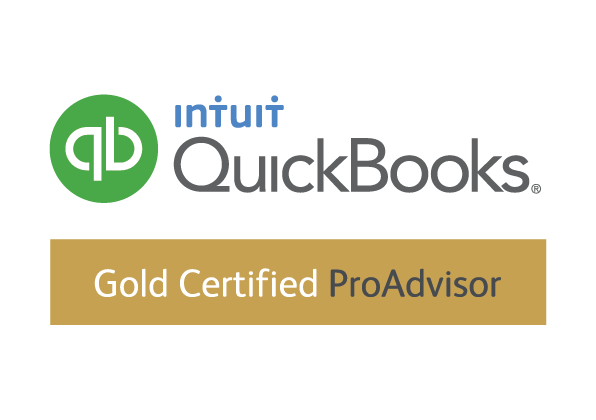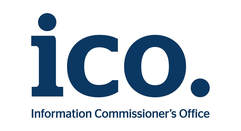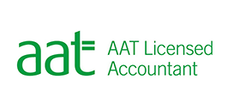|
Usually is difficult for a small business to attain finance and often the owner of the small company has to borrow personally and lend to their company thus losing the corporation veil and personally becoming liable for the loan. Another concern that these small business owners have is that they think they lose out on claiming tax relief for their loan, however where money is borrowed to invest in a “close” company carrying on a qualifying activity, the investor may claim relief for the interest arising as a deduction against their personal taxable income including their salary or profits from their self-employment. What are the conditions for this relief? As mentioned above it has to be a “close” company, generally if a company is under control of five or less people then it’s a “close” company. The investor must either hold some ordinary shares in the company and work for the majority of their time in the management of the company or have a “Material interest” in the company. A Material interest is defined as where more than 5% of the company’s share capital and shares are held, this can include shares held by “connected” persons (closely related family members) will usually be counted for this purpose as long as the individual holds some of the company’s shares personally. The company should carry on a “qualifying activity”, this includes a profession, trade or property letting, so property investment companies may qualify, however they must be mainly letting properties to unconnected persons. Advantages of borrowing personally
Disadvantages of borrowing personally
If you require more information please contact us on info@intact-accounting.co.uk.
1 Comment
|
Archives
November 2020
Recent Posts
Capital Gains Tax on Incorporation of a Property Rental Business
Have you overpaid Stamp Duty Land Tax (SDLT)? Other Implications of Property Business Incorporation SDLT on Property Partnership Incorporation Income Tax for Non-residents investing in the UK residential property Advantages & disadvantages of using a company for buy to let investments Qualifying Loan Interest The Ramsey Case, would your property portfolio qualify as a business? Joint Property Ownership Property Tax |
Privacy Policy
The information contained in this website is intended for reference, education and informational purposes only. The contents are based on, or derived from, information generally believed to be reliable, although Intact Accounting Limited accepts no liability with the user’s reliance on it.
The Information contained in or provided from or through this website does not constitute financial advice, investment advice, trading advice or any other advice. You should undertake independent due diligence and consultation with a professional financial advisor relating to these matters. You understand that using any or all of the information contained in this website is at your own risk.
The information contained in this website is intended for reference, education and informational purposes only. The contents are based on, or derived from, information generally believed to be reliable, although Intact Accounting Limited accepts no liability with the user’s reliance on it.
The Information contained in or provided from or through this website does not constitute financial advice, investment advice, trading advice or any other advice. You should undertake independent due diligence and consultation with a professional financial advisor relating to these matters. You understand that using any or all of the information contained in this website is at your own risk.
For more information contact us today on info@intact-accounting.co.uk to arrange a free no obligation initial consultation with one of our qualified consultants.
Intact Accounting Limited, 8c Canons Corner, Edgware, London, HA8 8AE.
Intact Accounting Limited, 8c Canons Corner, Edgware, London, HA8 8AE.
COPYRIGHT © 2014 - 2021
INTACT ACCOUNTING LTD
ALL RIGHTS RESERVED
INTACT ACCOUNTING LTD
ALL RIGHTS RESERVED






